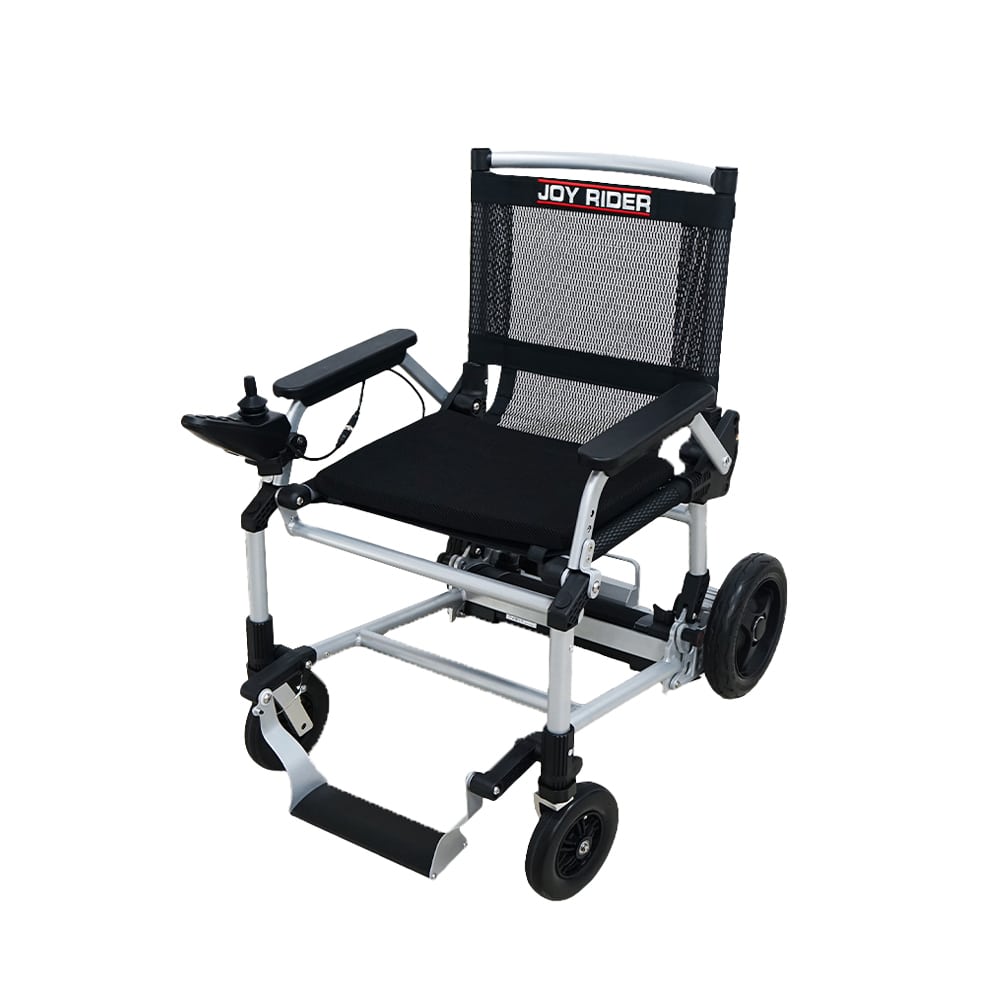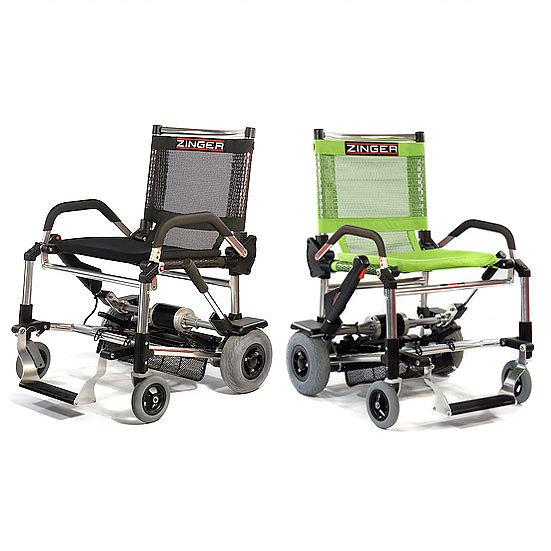The controller is the core component of the electric wheelchair, which can also be understood as the “steering wheel” to control the direction of the wheelchair, and is responsible for the operation of the linkage motor. Its quality directly determines the maneuverability and service life of the electric wheelchair, and the functions and performance of the controller equipped with different configurations of electric wheelchairs will be different. Advanced electric wheelchairs are usually equipped with intelligent control system, which can freely adjust the speed and direction according to the user’s habits and environment to provide a more comfortable driving experience (controllers can be divided into basic models/with folding function/with reclining function/multi-function buttons according to the operation panel) and other feedback functions of intelligent voice broadcast. However, the basic electric wheelchair usually has simple control function, and it is not equipped with the common functions of intelligent voice broadcast and mobile phone remote control adaptation. Individual manufacturers have also added usb-adapted mobile phone charging port and lighting lamp to the controller.However, in other words, we should know more about it. 輪椅 The law of development has brought new vitality to the whole industry and revitalized the market. https://www.hohomedical.com/collections/wheelchair
Most imported brand controllers are composed of upper and lower controllers, while most domestic brands only have upper controllers. Generally, the brushless ones in China are generally divided into upper controller and lower controller, and most of the brushes have only upper controller. Among the imported controller brands, PG in Britain and Dynamic in New Zealand are widely used. Domestic brands include Wuyang and Shiyou, Shanghai Zhilian Aomang, Nuole, Maikong, Pilotage, etc. Comparatively speaking, imported brands are better, and the cost and price are higher than domestic brands. However, in recent years, the rise of domestic products can also meet the needs and experiences of most consumers. You can also use the following operations to judge whether the controller is good or bad.
1. Turn on the power switch and push the controller to feel whether the vehicle is stable when starting; Release the controller and feel whether the car stops immediately after a sudden stop. It is advisable to judge whether the controller is normal by starting and stopping slightly.
2. Control the rotating car to rotate 360 degrees in situ, and feel whether the steering is smooth and flexible, subject to the steering sensitivity.


